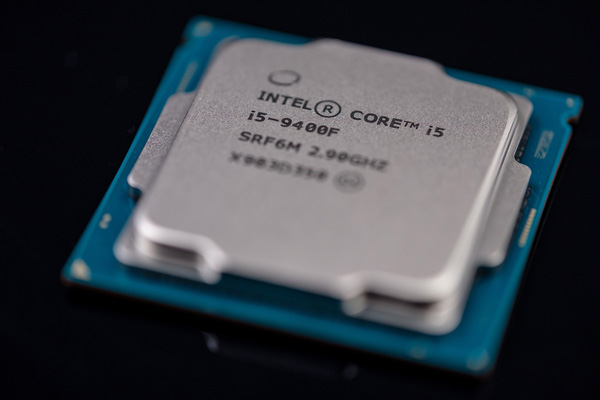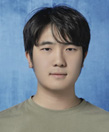Intel appoints Lip-Bu Tan as CEO amid national security concerns

[A photo of Intel logo. Photo Credit: Pixabay]
Intel, one of the world’s leading semiconductor companies, has announced the appointment of Lip-Bu Tan as its new CEO.
This appointment marks a leadership shift as the company navigates global competition and security challenges.
This change represents a major transition for Intel, as it faces escalating pressure to maintain its position in the semiconductor industry while balancing geopolitical tensions and market expectations.
Tan brings to Intel a long-established reputation in the tech world, known for his success in semiconductor innovation and investment.
He previously served as CEO of Cadence Design Systems, a leader in electronic design automation, and the founder of Walden International, a venture capital firm with deep ties to Silicon Valley and business dealings in China.
His extensive experience in the industry positions him as a strategic leader capable of driving Intel’s innovation and global expansion.
However, his appointment has triggered debate over potential national security implications.
Given Intel’s strategic role in U.S. chip production and defense technologies, Tan’s past associations with Chinese tech firms have raised concerns among some policymakers.
Washington has tightened export controls on advanced semiconductor technology to China, citing concerns over intellectual property theft and military applications.
The U.S. Department of Commerce has implemented strict measures to limit China’s access to cutting-edge semiconductor components and manufacturing tools.
These measures reflect growing unease over intellectual property protection and the potential military uses of chip technology.
As Intel must operate within these tightened regulatory frameworks, Tan’s appointment will be closely watched.
The company is now expected to balance compliance with U.S. policies while maintaining its global supply chain and staying competitive against major industry rivals such as Taiwan Semiconductor Manufacturing Company (TSMC) and Samsung.
Intel has struggled in recent years to keep pace with its global competitors, facing setbacks in its manufacturing processes and delays in developing next-generation chips.
Many see Tan’s hiring as an attempt to restore momentum and drive Intel back to the forefront of the semiconductor race.
Still, skepticism remains regarding his ability to deliver the technological breakthroughs needed to reclaim leadership in the field.
This leadership shift coincides with government efforts to boost domestic chip production.
Through initiatives like the CHIPS and Science Act, the U.S. is offering substantial incentives for companies to expand semiconductor fabrication within national borders.
Intel is a key beneficiary of this initiative, and Tan’s leadership will be crucial in determining how Intel balances government expectations, market competition, and global supply chain strategies.
His leadership comes at a time when Tan faces the daunting task of managing investor expectations, geopolitical sensitivities, and internal innovation demands.
The future of Intel under Tan’s guidance will shape the company’s competitive standing while simultaneously influencing national security policies and global semiconductor dynamics.
Whether his tenure as CEO stands as a turning point or deepens the company’s ongoing challenges, Tan’s leadership will be a defining chapter in Intel’s history.

- Jihoon Suh / Grade 11
- Chadwick International School

![THE HERALD STUDENT REPORTERS [US]](/assets/images/logo_student_us.png)
![THE HERALD STUDENT REPORTERS [Canada]](/assets/images/logo_student_ca.png)
